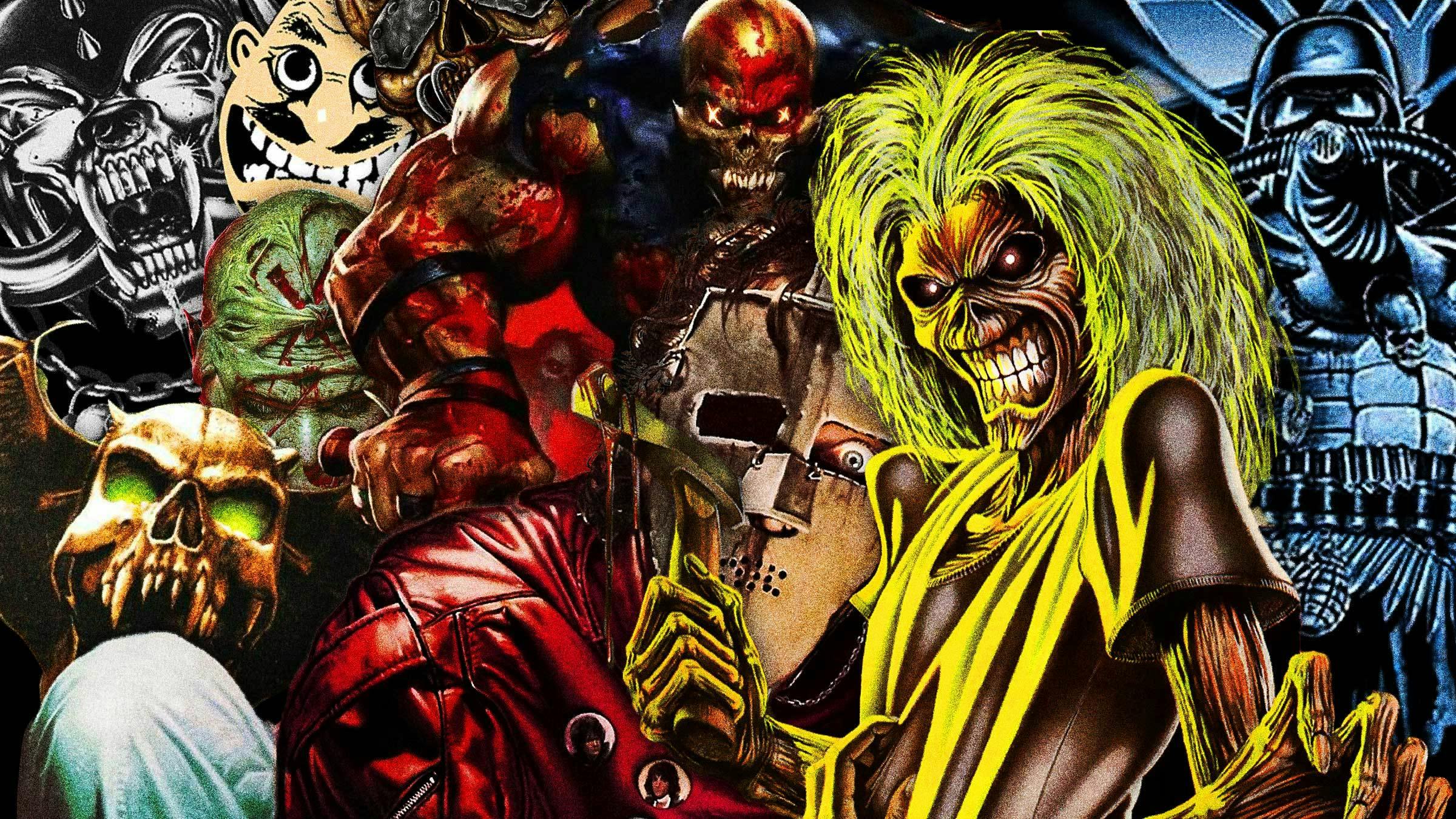Maybe it's that gang mentality within extreme music that has driven metal bands to become so obsessed with mascots. Heavy metal culture has always fostered an us-against-the-world mindset that's similar to that of most sports teams; it's only fitting, then, that bands would want to come up with characters that represent their music. Whatever the reason, metal is more mascot-focused than any other genre of music, going so far as to give its horrific visual allegories backstories and personalities.
Given the sheer number of metal mascots out there – and the emergence of new ones that some old-school heads might not be familiar with – we decided to rank these symbolic characters in order. First, however, we laid down some ground rules:
- They need to be metal mascots. Milo, the Crimson Ghost, and the Less Than Jake Pez kid can hash it out in another list.
- They need to be mascots, not just logos or symbols. Black Sabbath's Henry and In Flames' Jesterhead are cool, but they're sort of just images. These guys need to be actual characters, with their own atmospheres and roles within a band's history.
With those guidelines in place, here's our definitive ranking of the metal mascots…
